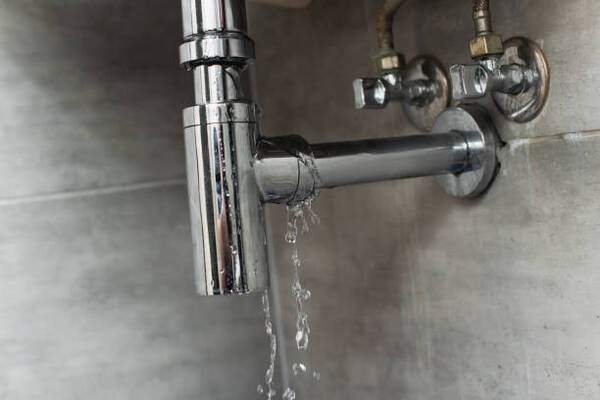- 1-905-452-8193
- Contact Us
- Member Login
- Get Listed Today
- 220,911 members

When plumbing leaks occur, they can cause a lot of damage to your home. Leaky pipes and fixtures can lead to water damage, mould growth, and even structural issues if not addressed quickly. In addition to the physical damage they can cause, plumbing leaks also waste a great deal of water and money.
Understanding what happens when plumbing leaks occur can help homeowners identify problems before more serious damage takes place. By addressing leaking pipes and fixtures quickly and correctly with the help of a plumber Brisbane North, you can save time and money in the long run.
A major hazard of leaking plumbing is water damage. Water that accumulates from even small drips or slow leaks can seep into walls and floors, causing serious structural damage over time if not properly repaired. Leaks can also promote mould growth which may lead to respiratory problems in people living or working within the building. Furthermore, moisture can also lead to electrical issues, posing a fire hazard.
Leaks can also result in financial losses due to an increase in water bills and the cost of repair or replacement of damaged fixtures and pipes. In some cases, leaking plumbing may even go undetected for months before being noticed, resulting in expensive repairs that could have been avoided.
Finally, leaking plumbing has the potential to contaminate drinking water with toxins from sewage systems or other sources, leading to health risks such as skin irritation or gastrointestinal illness. It is important to identify any leaks immediately and contact a professional if needed.
Plumbing leaks can be a major hassle and cause extensive damage to your home if they are not taken care of quickly. If you experience a plumbing leak, you must take immediate action to minimize the damage and prevent further problems.
If you encounter a plumbing leak, immediately perform the following actions.
1. Identify the source - The first step is to identify where the leak is coming from. This will help determine what kind of repairs will need to be done.
2. Shut off the water supply - Once the source has been identified, it’s important to shut off all water supplies in the affected area, such as taps and valves leading to the leaky pipe or fixture. This helps prevent further damage and can save you money on your water bill.
3. Call a professional - You should call a plumber as soon as possible to assess the situation and make the appropriate repairs. Do not attempt any plumbing work yourself if you are not trained or experienced in this area.
4. Clean up water - Start cleaning up any standing water with towels, mops, or wet/dry vacuums. This helps reduce the risk of mould growth and further damage from moisture.
5. Dry out the affected area - Use fans and dehumidifiers to help dry out the area that was affected by the leak, especially carpets and rugs, as quickly as possible to prevent additional damage caused by moisture.
6. Remove damaged materials - Any materials that have been damaged by the water should be removed and discarded, such as carpets, drywall, or insulation.
7. Check for mould - If there is any sign of mould or mildew growing in the area affected by the leak, it’s important to get it taken care of immediately to prevent health risks associated with mould growth.
8. Take pictures - Before you begin making repairs, take pictures of the affected area to document the damage for insurance purposes.
9. Repair plumbing issue - Once you’ve addressed all of the above steps and you’re ready to start repairing the leaking pipe or fixture, make sure all of the necessary parts are available and follow instructions carefully.
10. Prevent similar issues - Once you’ve repaired the plumbing issue, consider taking steps to prevent future leaks, such as installing shutoff valves or checking pipes for any signs of wear and tear regularly.
By following these tips, you can minimize the damage caused by a plumbing leak and ensure your home is safe from further problems. If you have any questions about what to do in this situation, contact a professional plumber who can provide more detailed advice.
